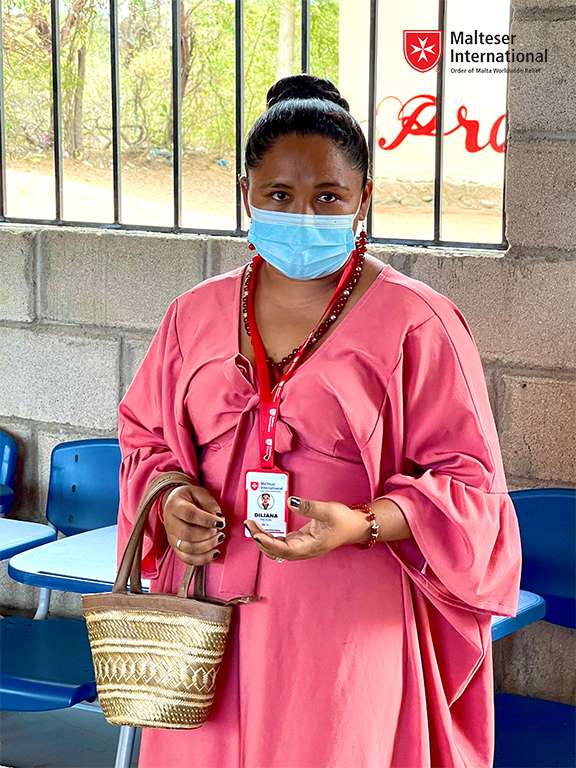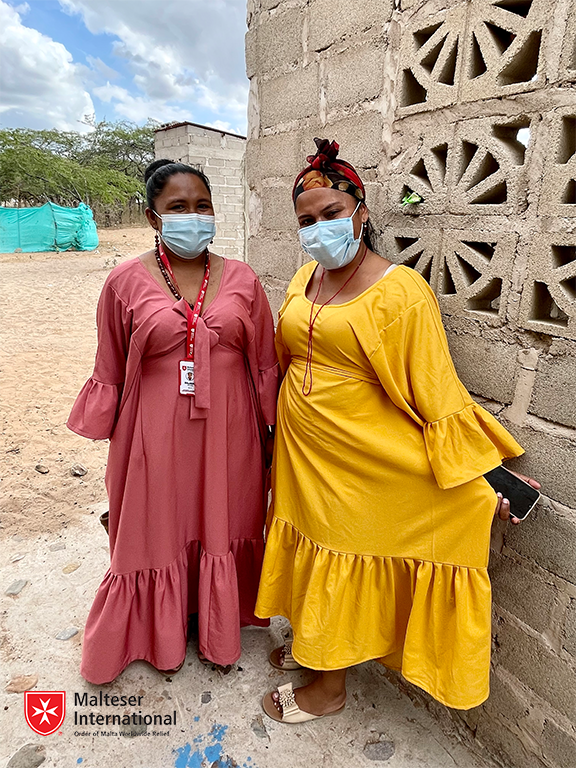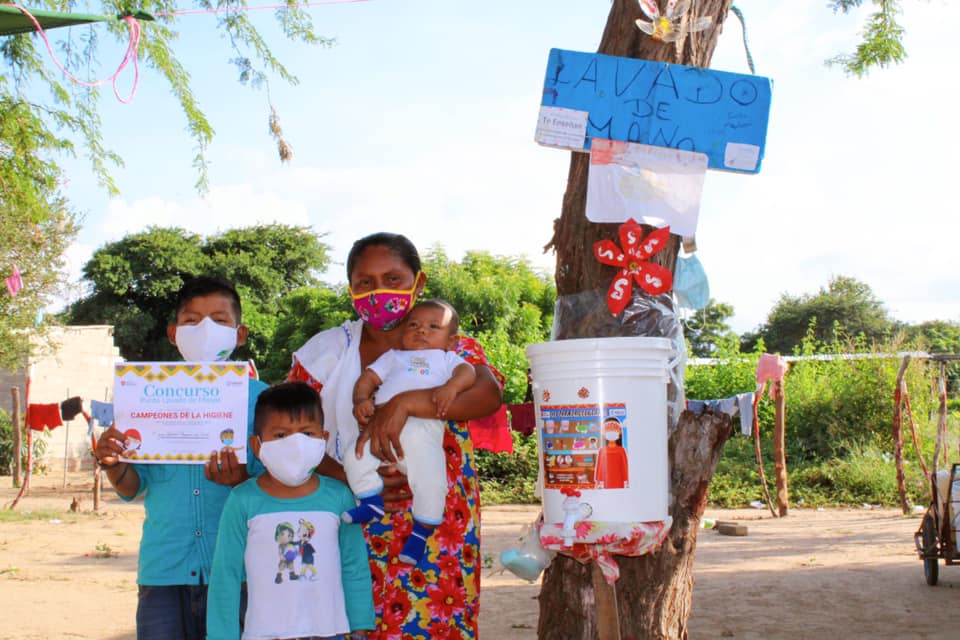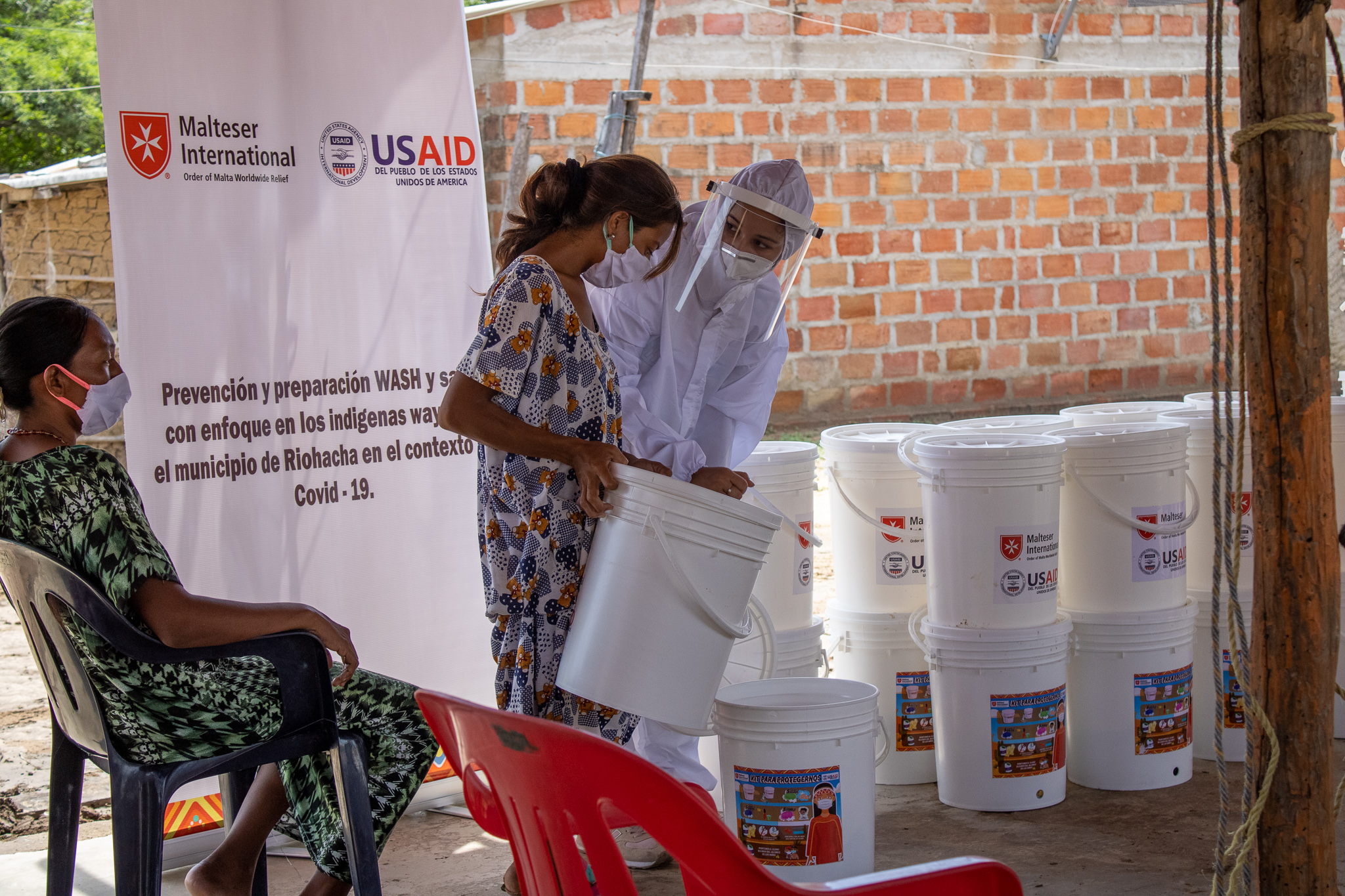South America
Bringing Smiles to Indigenous Communities
The work in close collaboration with the Indigenous communities of La Guajira has made sure that every member still uses a hand-washing kit and has incorporated the habit into their daily health routine.
The COVID-19 pandemic has posed a new threat to the health and survival of Indigenous communities since 2020. According to the United Nations, Indigenous communities in nearly every country around the world have higher rates of diseases, high mortality rates, and lower life expectancies. Additionally, their reliance on ancestral remedies, lack of formal health education, and deep food insecurity has made Indigenous communities more vulnerable to COVID-19.
“I can’t be any blunter… if COVID-19 gets into our communities, we are gone,” said Pat Turner, Chief Executive of the National Aboriginal Community Controlled Health Organization, Australia in 2020.
The Wayuu, a Colombian Indigenous group in the state of La Guajira, have been facing high levels of malnutrition. According to the Colombia’s Ministry of Health, malnutrition claims the life of one in every 10 children younger than the age of five in La Guajira.
At Malteser International Americas (MI Americas), we have been one of the few actors addressing the needs of Wayuu communities, and since 2020 we’ve been providing training and sensitization in water, sanitation, and hygiene (WASH) practices. Most importantly, we have ensured our programs are communicated in culturally sensitive ways, incorporating material and training in Wayuunaiki language, and incorporating Wayuu cultural and spiritual practices.
The Wayuu have incorporated these new hygiene practices into their daily life all while preserving their traditions in rituals and family meetings. Traditional authorities have bestowed COVID-19 protocols knowledge to each community member, including social distancing norms, face masks usage, and regular hand washing practices. During community gatherings to date, each community member practices what they have learned thanks to MI Americas. Western and traditional values have merged.
“I am part of the Wayuu community in El Pasito, I am a hygiene promoter and the experience with Malteser has been life changing. I learned how to protect myself and my community and that is priceless. I am still supporting the community and I regularly give talks on COVID-19 prevention. I will always be thankful for the guidance and assistance provided by Malteser International.” Diliana Phichon
While the Wayuu’s initial response to the COVID-19 pandemic was one of fear and isolation, our long-standing presence in the region meant we were quickly able to build their trust and eventually the whole community was won over by the professionalism and persistence of the MI Americas team. “When they came in respecting all health protocols and approaching us in a respectful way, our fears started to dissipate, and we began to build trust. We benefitted immensely from the trainings, it was a life lesson and we learnt life-long skills,” said Jose Vicente Cotes Ipuana, Chief of the Wayuu community in El Pasito.
The project positively affected 14 rural communities and in 2022 all communities still use the same hygiene practices, social distancing, masks and washing their hands with soap. The Hygiene promoters who received training from MI Americas are still heavily involved as they are integral community members. In many communities there have been zero cases of COVID-19 so far.
“It is only from strong sunlight and harsh rains, that a seed can sprout.” This Wayuu proverb has it right for the El Pasito community. Beautiful seeds of hope can sprout from challenges and hardship.





